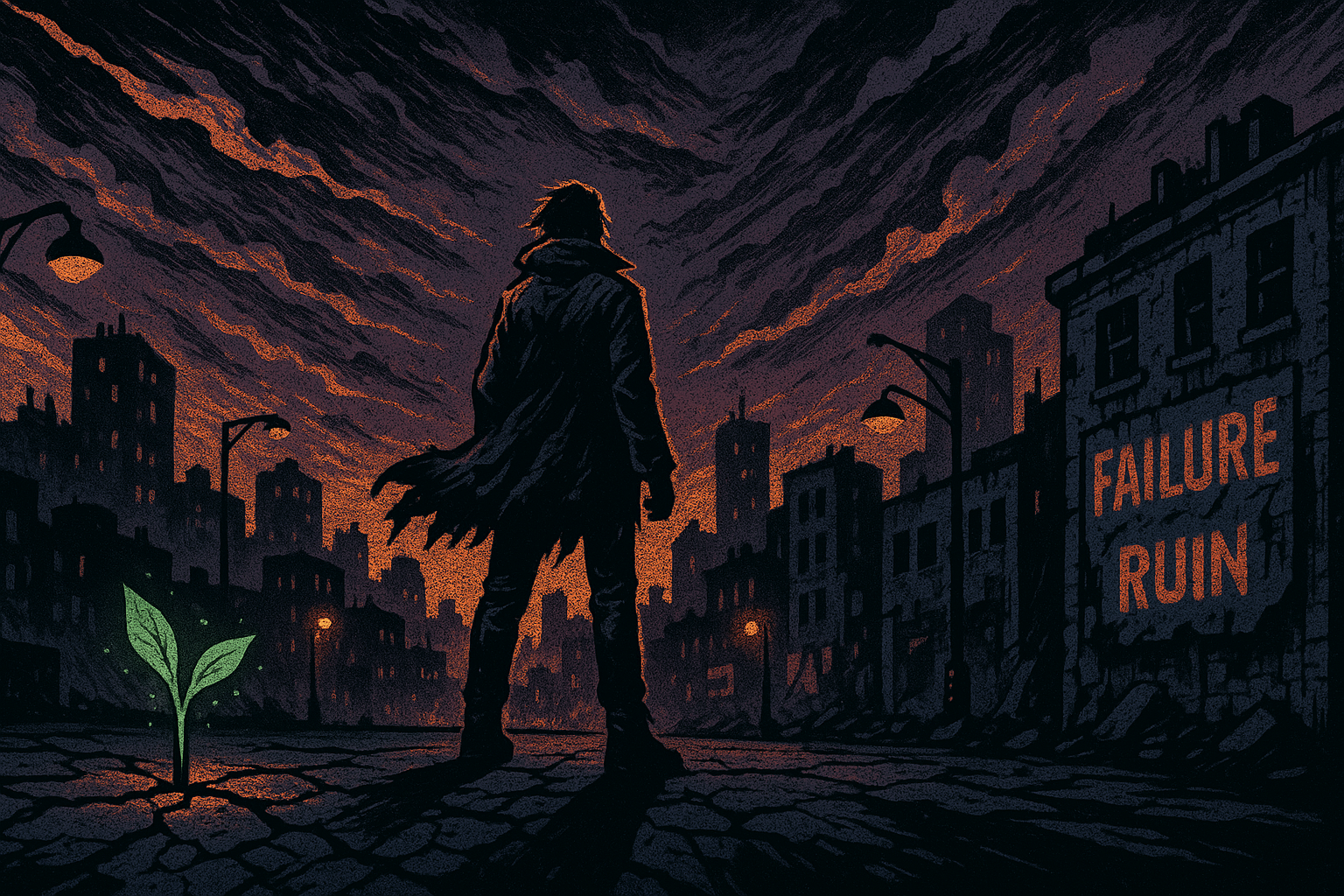What do you do when your game plan goes south? When things don’t go right, it is easy to unravel. Falling apart isn’t pretty. When my grandchildren wear themselves out and reach the point of no return, it gets ugly pretty quickly. When the best-laid plans of mice and men go awry many of us act like worn-out grandchildren. Many of us rant and rave just like our parents did when things didn’t work out for them. My dad used to always stomp around and say “Good lands!” Or “Oh Phooey!” So do I. My adult kids like to imitate me when I have reached my limits. It’s comical, albeit at the moment I find it difficult to laugh.
Another word for entanglement is enmeshment. People become enmeshed in life in a myriad of ways. Some get entangled with their appearance. Plastic surgery, botox, and clothing styles are a way that some become enmeshed with Hollywood. It is a way to try to control and create a certain look or an attempt to escape aging. Nothing wrong with any of it, except when you become superglued to a certain look and unravel when you can’t quite get the look you want.
Some people get stuck in economic status. Expensive suits, sports cars, and living in the right zip code are important status symbols that people intertwine in their lives, in order to feel significant. Many people fuse their identity with their achievements and the accumulation of ownership and possessions. It is easy to lose yourself in other people’s problems, family dysfunction, and relationship conflict.
When you are afraid it is so tempting to clutch and clench for control even when it is beyond your grasp. People rationalize immature behavior by casting blame on others as justification for their actions. The truth is that when you get entangled in an issue and become reactive, you eat the poison of envy, anxiety, turmoil, and stress. You lose yourself in powerful emotions that burn up a lot of emotional BTU’s.
Entanglement triggers people to take up too much space. Threatened, people get into addictive demand. They require service, recognition, power, and privilege, now! Some people get their knickers in a twist and make a fool of themselves without even realizing it. They are entangled with wanting what they want when they want it. Addicts know this song all too well.
Everyone knows what it is like to get triggered and embroiled in a family argument, politics, and disagreement that triggered reactivity. Even when you tell yourself not to engage, some conversations become like a spider web and before you know it you are in over your head with the same old reactive behavior. How do we stop the reactivity and become disentangled from taking the poison? I want to provide a list of possibilities for you to consider:
1. Train yourself to simply open your heart to the moment you experience being triggered. Life happens! Allow yourself to feel what you feel and to be present in the unfabricated moment. Just show up open to whatever happens, not letting whatever happens dominate you. Sit with the trigger and train not taking the bait or biting the hook. When you take the hook and follow your habitual behavioral pattern, a groove in your brain becomes deeper and deeper and it’s harder to stop the reaction. However, when you sit with the trigger and don’t bite the hook you develop a different response over time that transforms the way you look at things and react. This is called neuroplasticity.
2. Don’t judge the moment of reactivity. Remind yourself that you get to be human. Keep telling yourself that the energy you have about the situation that triggered you is all ok! The challenge is to not run away from the energy by medicating it with excuse-making, busyness, or addiction. If you work with avoiding judgment, you will eventually experience an “Ah-Ha” moment- “Hey, I don’t have to respond reactively”, not because someone told me but because I discovered it within myself.
3. Give up the Storyline. When you react, you tell yourself that you are not enough or bad or don’t have what it takes to overcome a negative response. You conclude that you are flawed. Giving up the storyline is about shifting out of the negative beliefs that keep you stuck with reactivity into positive affirmations of self-acceptance just the way you are. Give up the storyline that reinforces reactivity.
4. Practice letting go of what you think is so important that is really short-lived in the greater scheme of things. Your list of things to do will be forgotten in a short time. What seems so important today won’t matter tomorrow. There isn’t really anything worth clasping and holding on to. It all becomes like sand slipping through your fingers. It’s an illusion that you will finally find the ultimate fix to the anxiety and stress that befalls you. With your kids, it’s an illusion to think that if you can just get them to a certain point then you can let go. That day never comes unless you decide that today is the day you will let go and practice surrendering every day moving forward. The same can be said about a business project and every other situation in life. Control is an illusion. Learn to let go and find equanimity in the free fall by recognizing that you can relax in whatever comes down the road. You can face whatever happens by training to accept what is. It doesn’t mean that you cannot create something different tomorrow. It just underscores that you don’t have to take up too much space in the here and now with a negative reactive response. What is, is enough in the here and now. The late songwriter Leonard Cohen noted that there came a time in his career when what others thought about his lyrics no longer mattered. He concluded that “the less there was of me, the happier I became”.
When things go south, you don’t have to stay stuck in negative reactivity. You can stop the entanglement and stop eating the poison. Your unrestricted assurance will require courage to acknowledge when you get hooked, remain present, and be open to the feelings that come with distress. Let the pure energy of stressful moments be present without labeling your behavior. It just is! Unqualified confidence is in the truth that the seed of this understanding lies within all of us. No one’s flaw excludes them from this. This seed of understanding only needs to be nurtured like watering and cultivating the ground so that a seed can develop and grow. The time it takes to grow will depend upon how you choose to cultivate the brilliance that is present in the average everyday experiences of living.









